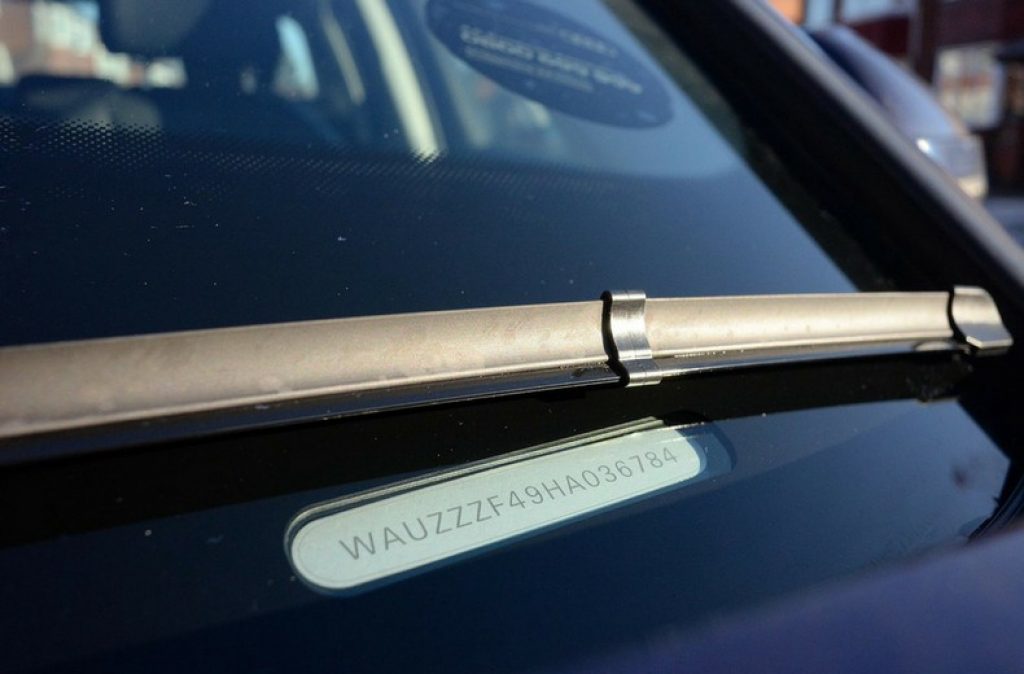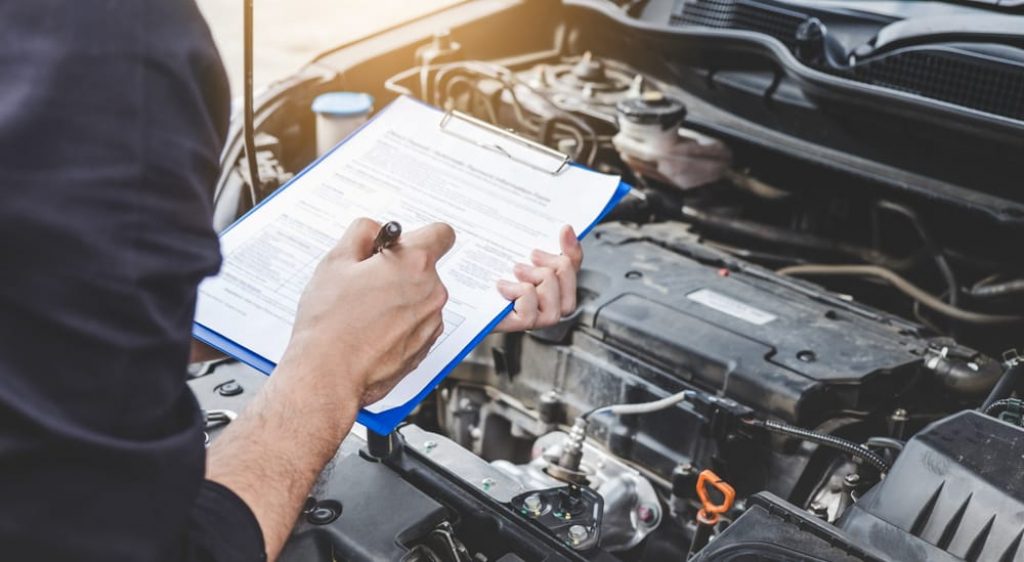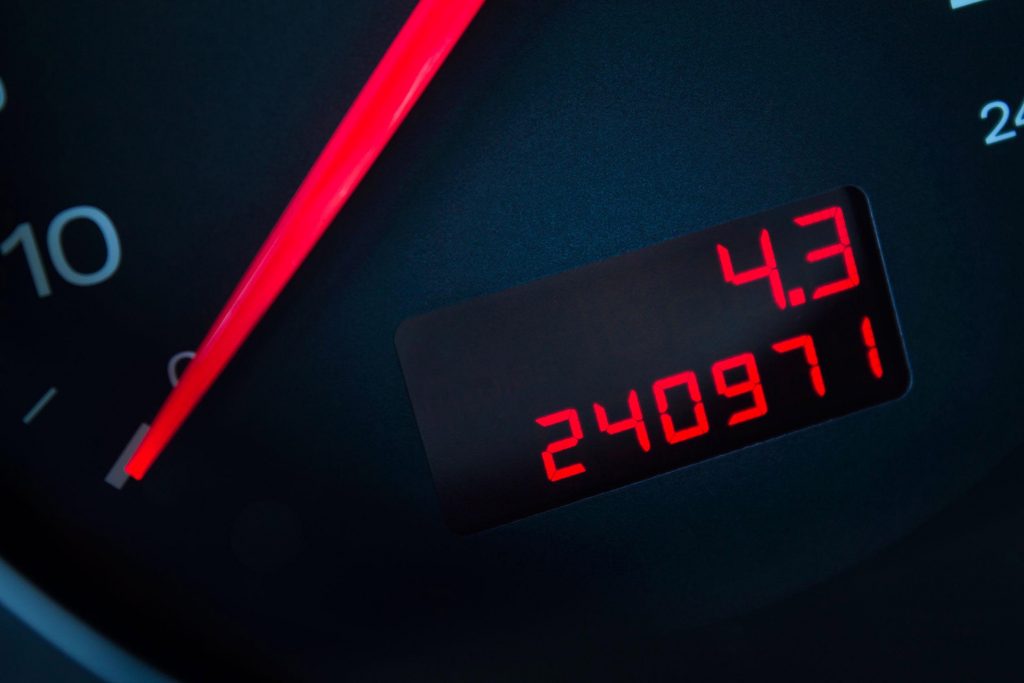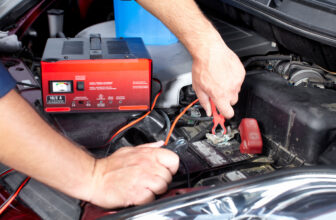
Vehicles are an integral part of our life and commuting anywhere is only possible because of our automobile friends. However, new vehicles themselves are quite expensive when they are bought from a store. For a beginner who is just trying to learn how to drive a car or a bike, or for someone who can’t afford buying a new vehicle right now, new vehicles are not a viable option. That’s why many people opt for used cars and bikes instead of buying new ones.
Buying second-hand vehicles or cars is actually quite a reasonable option considering how less and drastically low you pay for a second-hand vehicle than you would need to pay for it’s new counterpart. However, used vehicles are not without their own flaws and disadvantages. Often while buying a car or bike that’s already been used continuously by its previous owner(s), chances are it might have some problems. According to Epicvin, nothing is more crucial than checking every important factor to not get a vehicle that turns out to be dysfunctional or broken.
These problems can often be hidden from plain sight and will only show when you exclusively check for them. Before you even think and consider purchasing a second hand vehicle for yourself, you need to pay attention to several things that should be examined before buying. No matter what vehicle you purchase, all used vehicles tend to have some problem that needs to be compulsorily resolved before purchasing. We’ll provide assistance to you in exactly that by suggesting several crucial factors that need to be examined before your purchase.
Table of Contents
1. Examine the vehicle’s history thoroughly.

Source: power4youth.org
Cars and bikes often go through accidents during their lifetime even if the driver is the safest driver on earth. However, these accidents can leave substantial mechanical and hardware damage that your seller didn’t tell you about. Often, sellers would try to hide their vehicle’s past history so that the transaction goes successfully well and they are rid of a damaged vehicle. Having this happen to you as a driver is an absolutely disheartening thing that can happen after making one of the most crucial choices of your life.
To avoid this, skim through whatever documents your sellers give you. If they aren’t enough, try checking the car online on any VIN site. If the seller is accurate in his description, the results on the vin website should match what he says. However if the vin results don’t comply with the description they provided, it means they are lying and it’s the best choice to leave that deal alone. Additionally, the vin website also shows past records of a car’s accidents and if it was involved in a criminal case. If you are aware of the accident history, it can help you immensely in later inspections.
2. Scrutinize the vehicle’s condition.

Source: autoinfluence.com
There are several questions you need to ask yourself when you’re inspecting a vehicle’s condition thoroughly –
- Is the engine in an absolutely terrible, unusable condition? Does it leak fluids? Is there any form of rust anywhere around the engine’s main component? Do the engine oil and transmission fluid still retain their original colors?
- Do you hear strange noises while the vehicle is being driven by you? Are these sounds something the seller failed to tell you?
- How is the leather and cushioning on the seats? Is it riddled with holes? Anywhere with patches and bits taken off of the seat? Can I afford replacing these bad seats if the owner refuses to replace them?
- Are the tyres of the vehicle evenly used that indicates a good suspension system?
- Does the vehicle have good internals that function well and don’t have significant damage?
Answering these questions can get you an amazing idea on the vehicle’s condition. If the answers to the above questions are all positive, the vehicle is as good as new and you should definitely consider purchasing it. If only half the answers were positive, the vehicle is broken at places and is in dire need of servicing to get back on the road. However, in the worst case scenario none of the answers give positive results then we heavily recommend going away from the deal as it is in an absolutely disastrous condition. A vehicle in that kind of condition most likely require an engine replacement from Reman-Engine.com as well as several other services immidiately to be drivable.
3. Inspect the vehicle’s insurance, it’s validity and transfer

Source: yoursmartlife.net
No matter what, always inspect the insurance well in advance before you even consider purchasing it. The validity is the most crucial aspect of its insurance. If it’s still on, it means that you can avail the vehicle’s insurance as well and it benefits you considerably. This helps a lot if you accidentally wind up in a future accident or a mishap. If the vehicle still has its insurance intact, it makes it even a more lucrative deal than before for you.
The vehicle’s insurance is able to also dictate it’s past happenings and major accidents. Check the insurance documents and see if the insurance has been claimed more than a few times over. If yes, then it only concludes to the fact that it has seen a fair number of accidents and isn’t entirely fit for road use. Additionally, if the vehicle does have its insurance, then your priority should be to get all documents signed and ready from the hands of the owner to receive the insurance when you purchase it.
If you don’t, the insurance company has no way of knowing you own the vehicle and can claim its insurance.
4. See the mileage

Source: berlincity.com
The number one factor for used vehicles to check their integrity and usability is by checking their mileage. You’d be surprised how many things a mileage can tell you about its vehicle. If the mileage is beyond 100,000 or 120,000, leave the vehicle at that and don’t purchase it. The vehicle’s mileage has gone too high and it is actually nearing its lifetime. On the other hand, anything below 60,000 is quite amazing and it shows that while the vehicle was used, it wasn’t done so extensively. The golden rule of the thumb while checking mileage is reach for the lowest you can to get a decent lifetime out of your vehicle.
Conclusion
There are many things to keep in perspective when considering purchasing used vehicles. We hope you liked this article and if you did please consider following our website for regular updates as it will help us out immensely.







